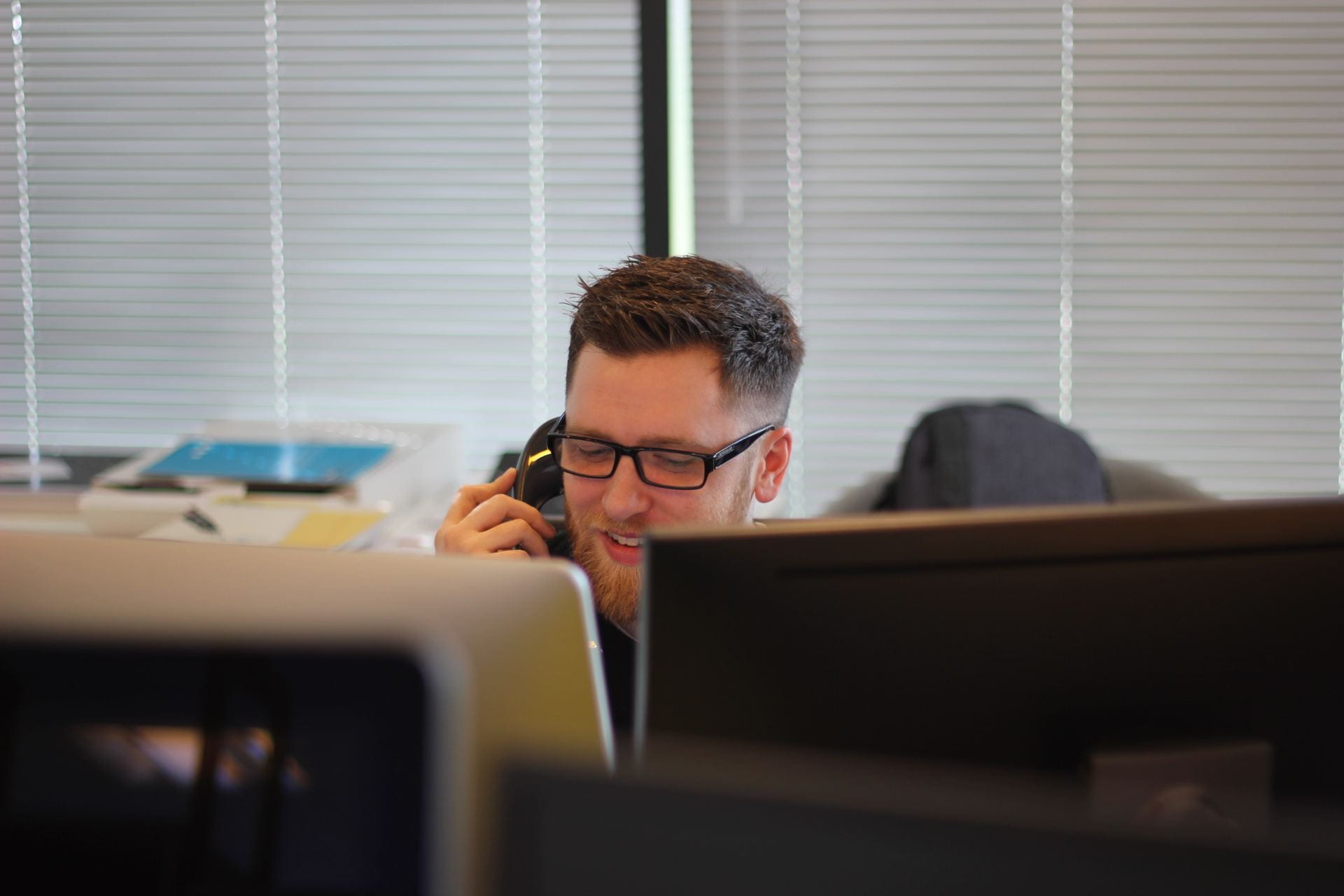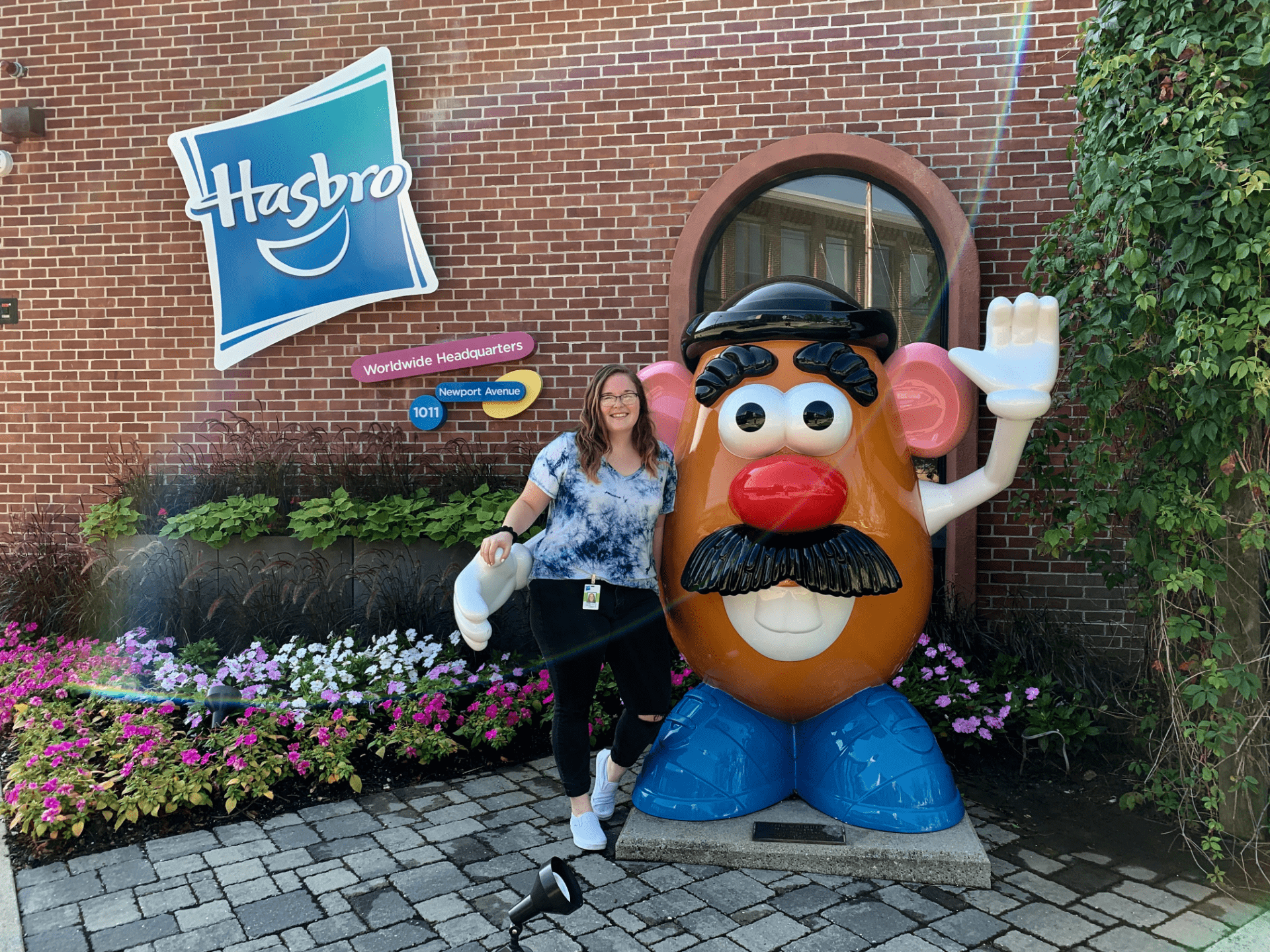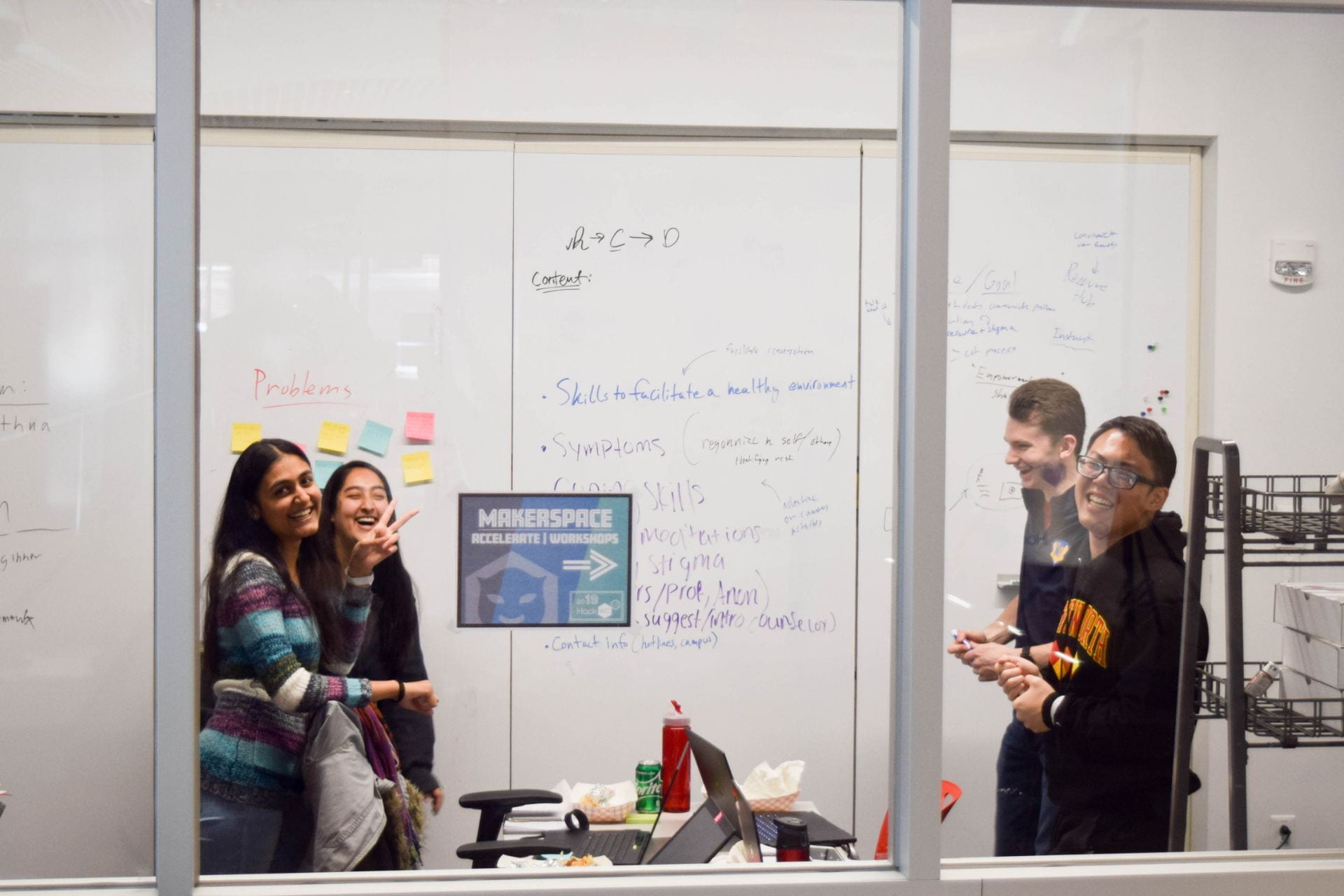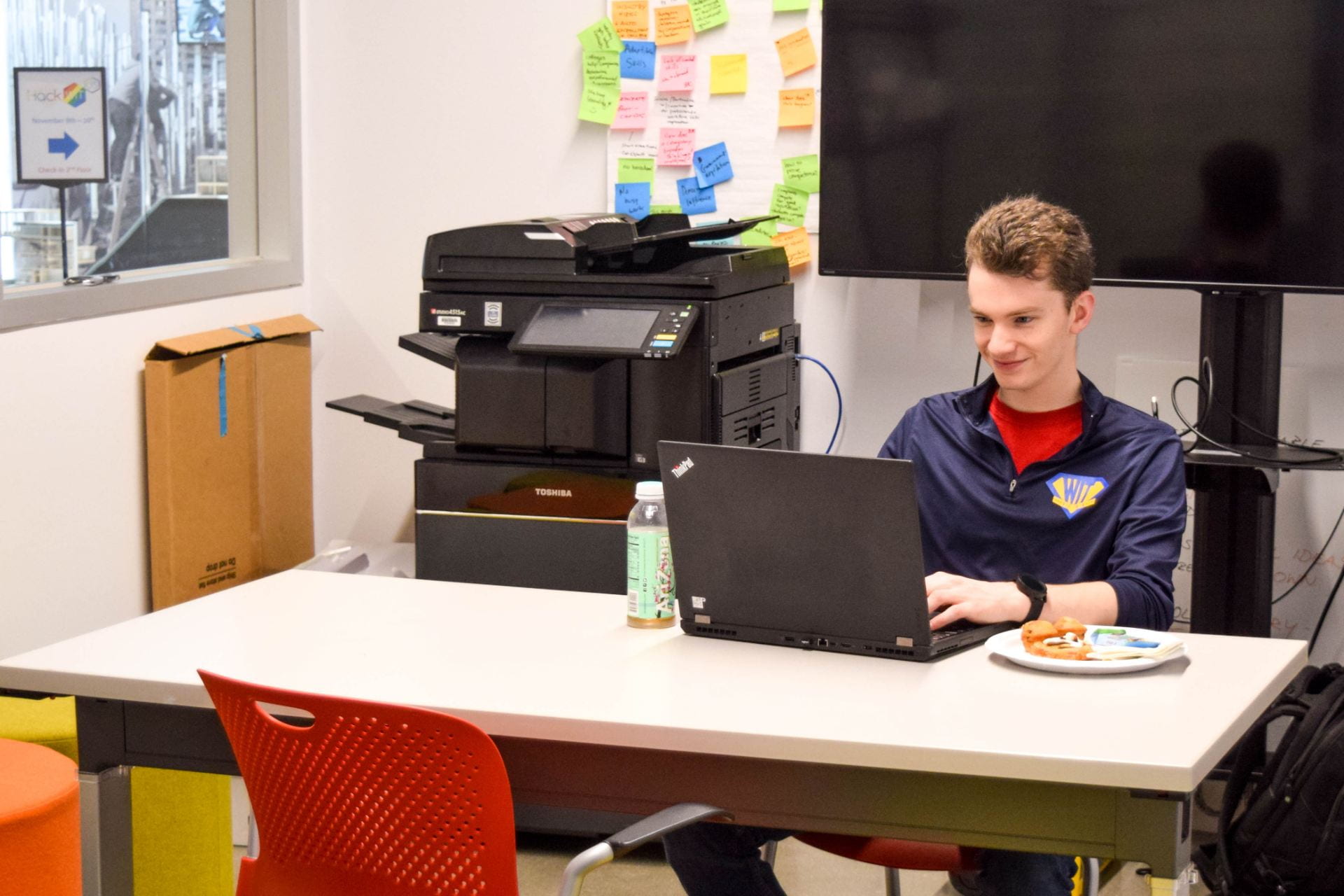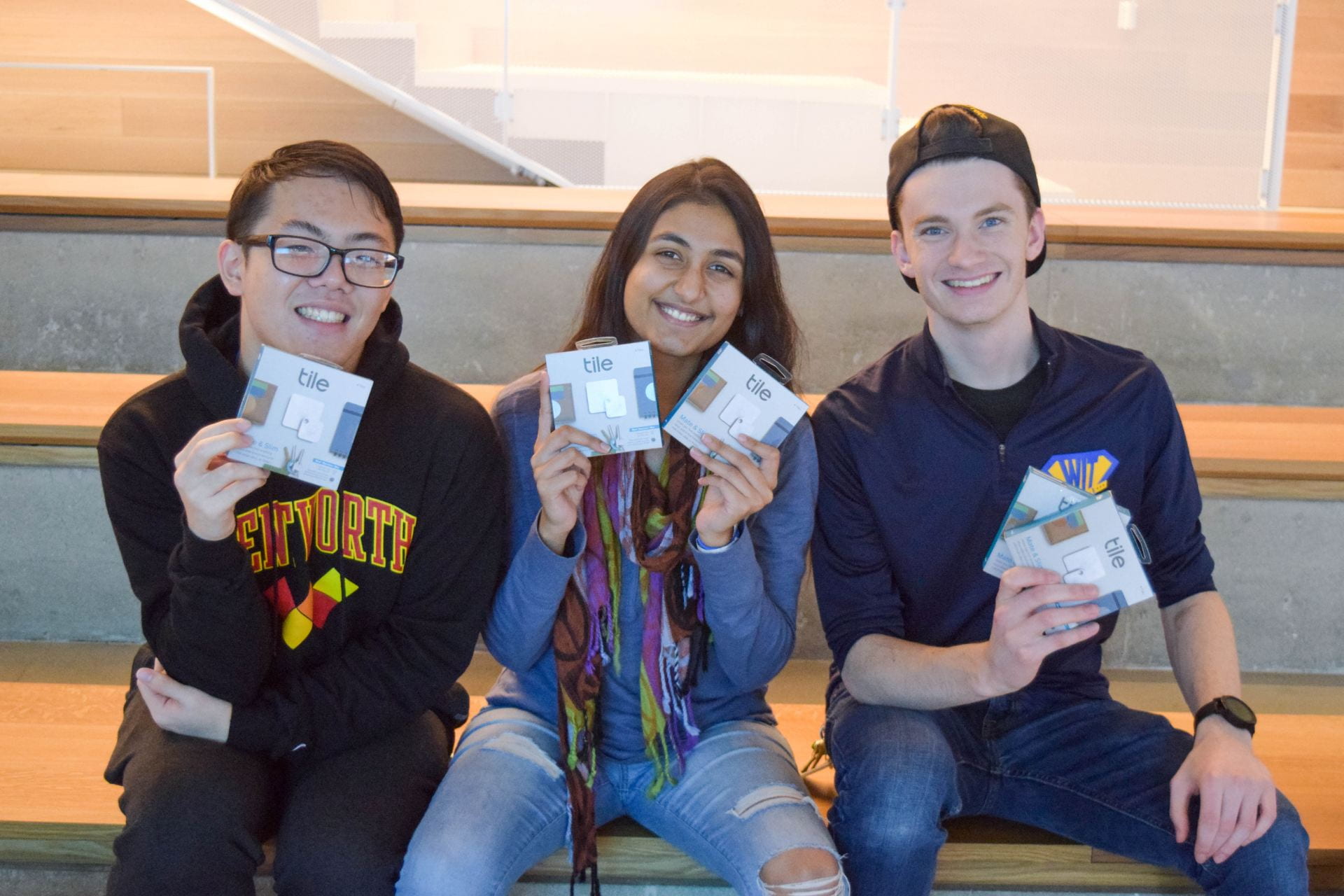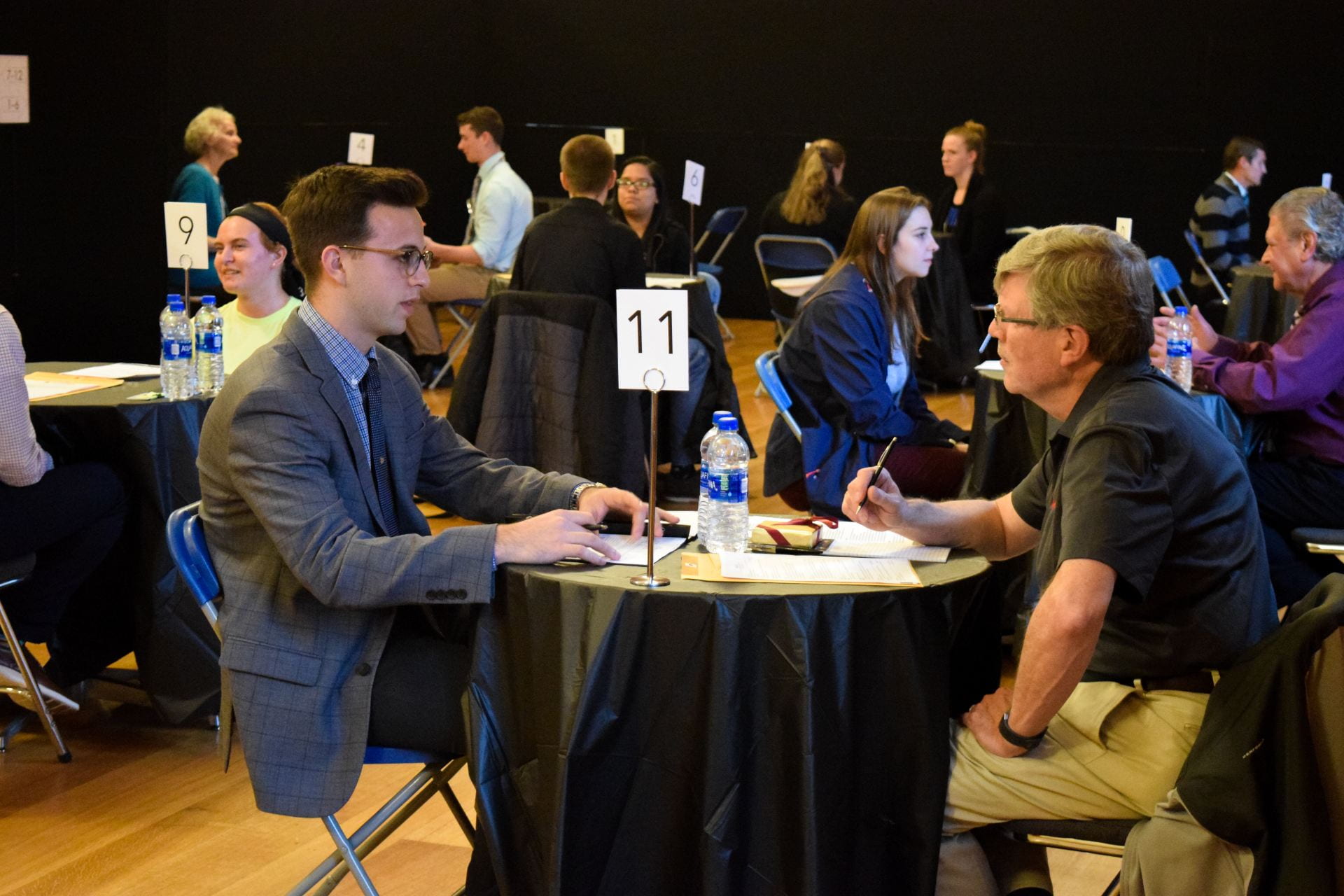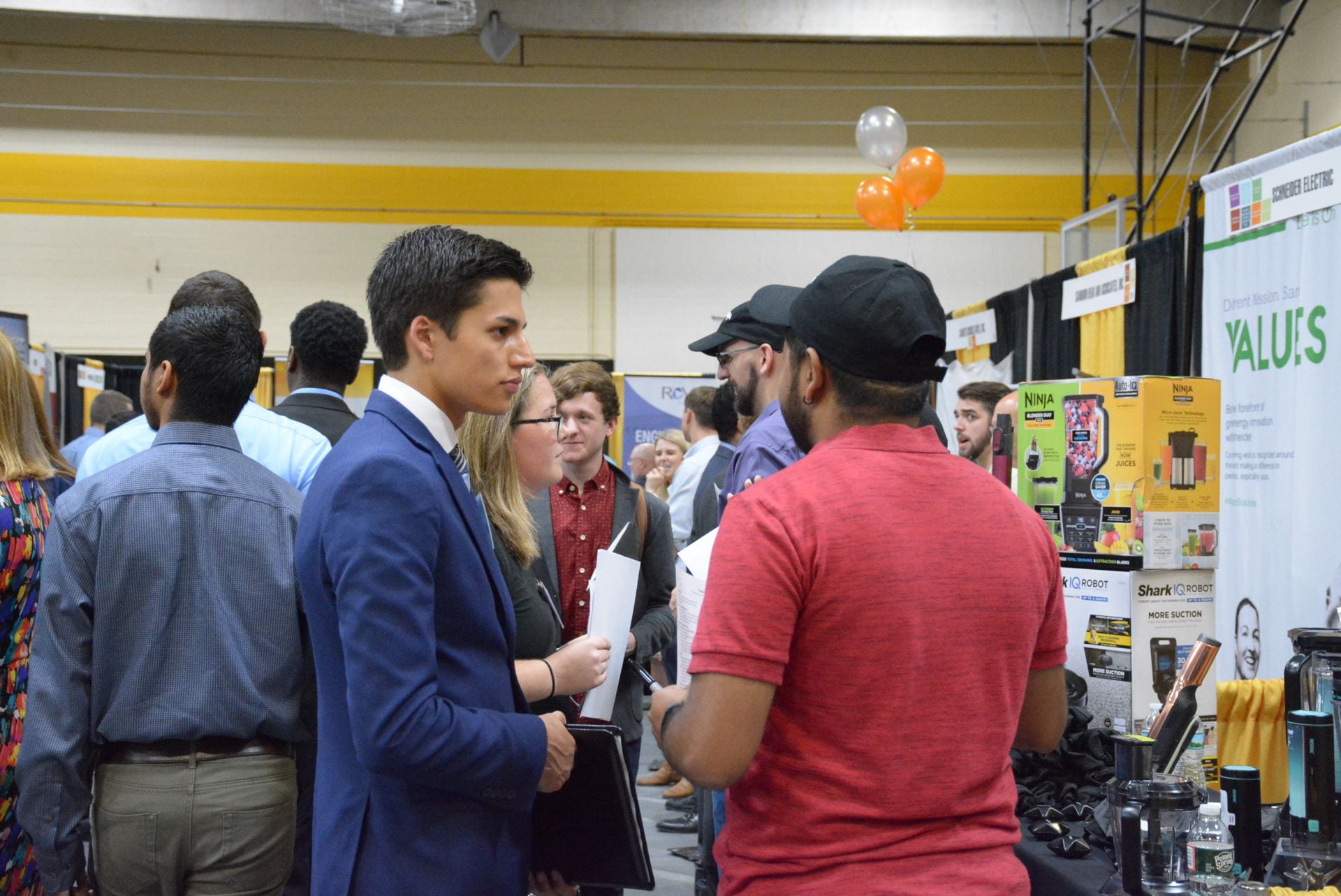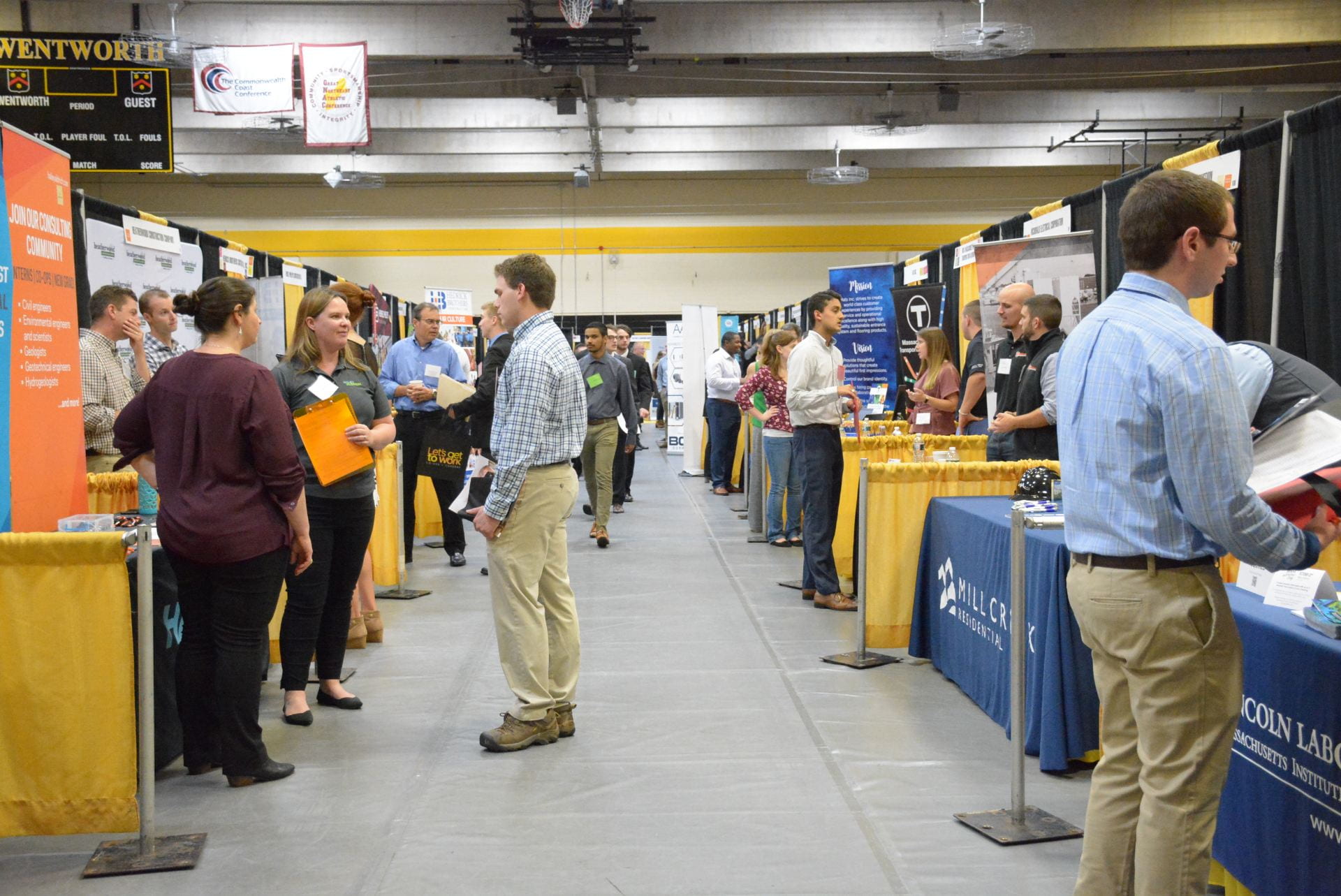By: James Bednar
James is a Wentworth senior in the Electromechanical Engineering program with minors in Applied Mathematics and Physics. He graciously shared his recent co-op experience with CO-OPS + CAREERS:
My co-op this summer has been at Hanscom Air Force Base, which is predominantly located within the city of Bedford, Massachusetts. I’ve been working as a SMART Program Intern for the Enterprise IT and Cyber Infrastructure Division of the Command, Control, Communications, Intelligence, and Networks (C3I&N) Program Office.
The majority of the work at Hanscom AFB is in support of the Air Force Life Cycle Management Center (AFLCMC), which is responsible for acquiring, sustaining, and eventually disposing of complex systems utilized by the Air Force.
Within my assigned organization, engineers are responsible for ensuring that IT and cyber systems are designed, acquired, and sustained in a manner that allows the entire Air Force to benefit from modern information systems. This poses a unique challenge, especially for organizations as large and geographically dispersed as the U.S. military.
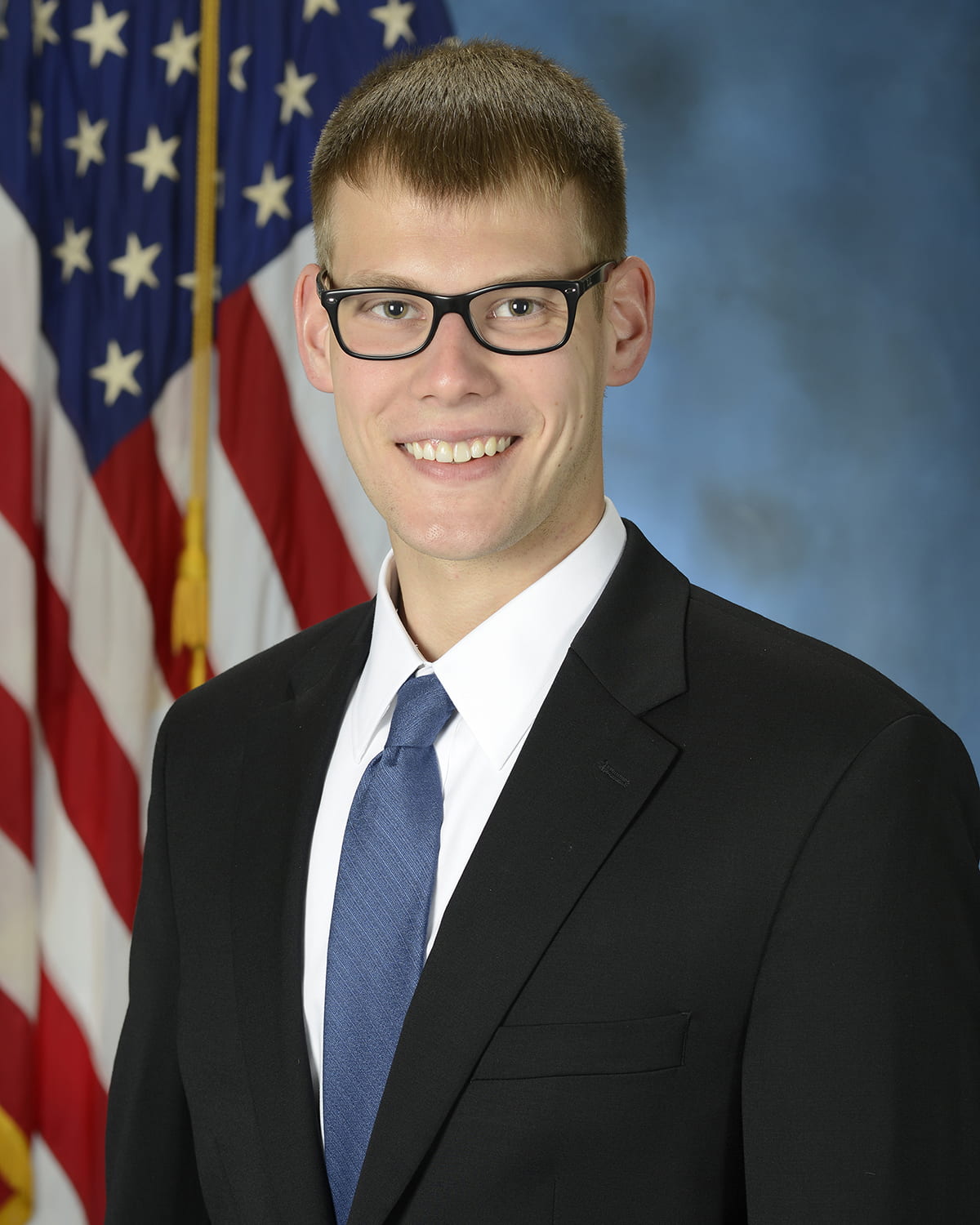
- What was your search and interview process like?
My co-op search was unique in the sense that it mainly consisted of a traditional scholarship application. After collecting the references, transcripts, and essays required to apply to SMART, I waited to see whether or not I would be offered a place within the program.
While applicants can list their preferences for potential work assignments, there’s no guarantee that they will get assigned to any of their top choices. I ended up being very fortunate, as I was both offered a spot in the SMART Scholarship Program and assigned to AFLCMC at Hanscom AFB, which was my first choice when applying to the program.
- What is the SMART Scholarship Program?
The Science Mathematics and Research for Transformation (SMART) Scholarship-for-Service Program is an initiative led by the Department of Defense seeking to provide college students with a pathway into civil service. The SMART Program offers college funding opportunities at the Bachelors, Masters, and Doctoral level in exchange for working as a Department of Defense civilian employee for a few years upon graduation.
When explaining the program, I tell people that the SMART Program is analogous to a civilian ROTC program, where students are contracted to work for one year as a civilian engineer for each year they receive financial assistance from the program. It’s an imperfect analogy, but helps to capture the fact that program participants typically want to pursue civilian service as their chosen career pathway.
- How did you learn about SMART?
I learned about the SMART Scholarship Program shortly before entering my freshman year at Wentworth. Initially, I was accepted and planned on attending the United States Coast Guard Academy but was medically disqualified at the last minute due to an injury received during basketball practice towards the end of high school.
Wentworth was always my top choice outside of Coast Guard, so I decided to move out to Boston with the hope of finding another way to pursue service in a civilian capacity. After eventually settling on the major of Electromechanical Engineering, I decided to apply to SMART during my sophomore year and was fortunate enough to be accepted into the program.
- Why are you interested in this work/completing your co-op with your employer?
I have wanted to pursue service in some capacity since my freshman year of high school. The SMART Program provides a great introduction to government service within the Department of Defense, which I hope to build upon as I continue throughout my career.
Long term, I want to apply my technical experience to the field of public policy, and starting my career at Hanscom AFB will provide a great introduction to the crossroads of engineering and acquisitions policy as it pertains to the Air Force. Furthermore, I hope the opportunity to work on enterprise information systems will help inform my decision as I look to study either Applied Physics or Systems Engineering in graduate school.
- What is a typical day like at your co-op?
A typical day will vary widely depending on what stage a system is its lifecycle. While I’ve been focusing on getting a feel for the organization on-the-job training and shadowing during this co-op, I’m looking forward to working on some exciting systems as I move forward at Hanscom AFB.
- What advice do you have for students interested in pursuing the SMART scholarship?
First, I would encourage students interested in pursuing this opportunity (or work as a technical professional in any government organization) to “know your why”. Working as an engineer on the civilian side of the Department of Defense (or any area of the government) offers some unique opportunities you simply will not find anywhere else, and the work can be very rewarding. However, working as a civil servant is different than a career in private industry. Knowing why you decided to pursue civil service can help provide perspective when you have those inevitable “what if” moments when talking to friends working in private industry.
More importantly, if you’re truly interested in what the SMART Program has to offer, my biggest advice would be to go for it. The SMART Program provides a fantastic opportunity, and it would be great to see other Wentworth students pursue the program along with me. If anyone out there is interested in SMART or has any questions, please don’t hesitate to reach out to me, either around campus or via email.
Thank you for sharing your experience with us, James! Be on the lookout for our next co-op feature. If you would like to share your co-op experience (positive or not-as-expected), or have any questions about the co-op process, please email us at coopsandcareers@wit.edu.
As always, to make an appointment with your Co-op + Career Advisor call the front desk at 617.989.4101 or stop by the CO-OPS + CAREERS Office.
Fall 2019 Drop-In Hours: Monday, Tuesday and Wednesday 1:30pm – 4:00pm while classes are in session.
